
Brompton Cemetery is since 1852 the first London cemetery to be Crown property, managed by The Royal Parks, in West Brompton in the Royal Borough of Kensington and Chelsea. It is one of the Magnificent Seven cemeteries. Established by Act of Parliament and laid out in 1839, it opened in 1840. Consecrated by Charles James Blomfield, Bishop of London, in June 1840, it is one of Britain's oldest and most distinguished garden cemeteries. Some 35,000 monuments, from simple headstones to substantial mausolea, mark more than 205,000 resting places. The site includes large plots for family mausolea, and common graves where coffins are piled deep into the earth. It also has a small columbarium, and a secluded Garden of Remembrance at the northern end for cremated remains. The cemetery continues to be open for burials. It is also known as an urban haven for nature. In 2014, it was awarded a National Lottery grant to carry out essential restoration and develop a visitor centre, among other improvements. The restoration work was completed in 2018.
Vokes is a surname. Notable people with the surname include:

Walter Brandon Thomas was an English actor, playwright and songwriter, best known as the author of the farce Charley's Aunt.

William Terriss, born as William Charles James Lewin, was an English actor, known for his swashbuckling hero roles, such as Robin Hood, as well as parts in classic dramas and comedies. He was also a notable Shakespearean performer. He was the father of the Edwardian musical comedy star Ellaline Terriss and the film director Tom Terriss.
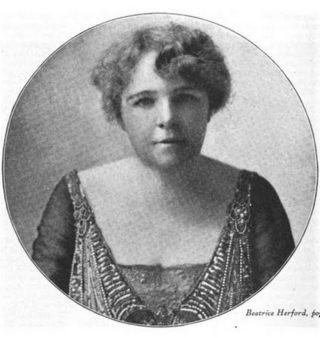
Beatrice Brooke Herford was an American actress, diseuse and vaudeville performer born in England.

The Lupino family is a British theatre family which traces its roots to an Italian émigré of the early 17th century. The "Lupino" name is derived from two unrelated families:

Ada Reeve was an English actress of both stage and film. Reeve began to perform in pantomime and music hall as a child. She gained fame in Edwardian musical comedies in the 1890s.
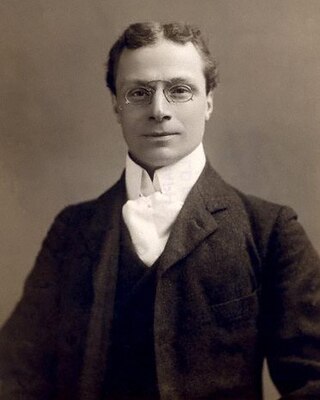
Huntley Wright was an English stage and film actor, comedian, dancer and singer, best known for creating roles in many important Edwardian musical comedies.

Ellen "Nellie" Farren was an English actress and singer known for her roles as the "principal boy" in musical burlesques at the Gaiety Theatre in London. For a quarter of a century there, she was "the best-known star of London burlesque".
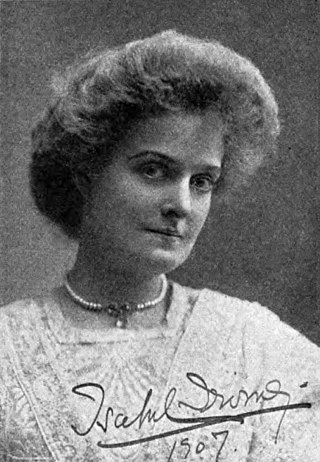
Isabel Irving was an American stage actress.

The Vokes Theatre, also known as Beatrice Herford's Vokes Theatre, is a 1904 miniature of a London theatre in Wayland, Massachusetts built by and named for Beatrice Herford. The theatre is located on the estate of Herford and her husband, Sidney Hayward.
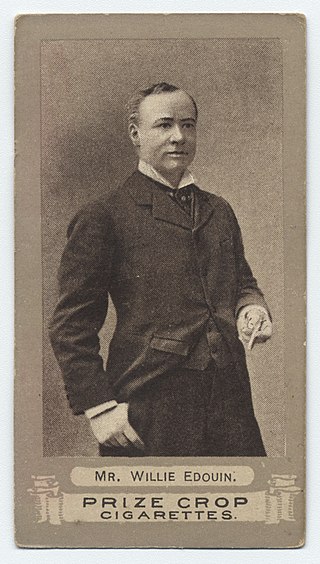
Willie Edouin was an English comedian, actor, dancer, singer, writer, director and theatre manager.
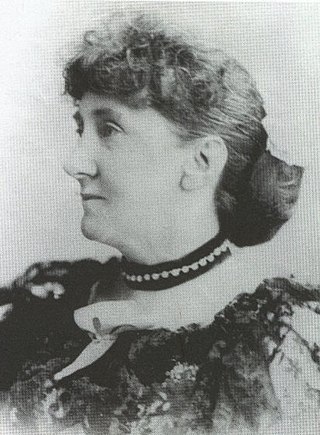
Sarah Thorne was a British actress and actress-manager of the 19th century who managed the Theatre Royal at Margate for many years. She ran a school for acting there which is widely regarded as Britain's first formal drama school. The Sarah Thorne Theatre Club in Broadstairs is named in her memory.

Victoria Rosaline Sarah Vokes was a British music hall, pantomime and burlesque actress and dancer of the 19th-century and a member of the Vokes Family of entertainers. For more than ten years they were the central attraction at the annual pantomime at the Theatre Royal, Drury Lane from 1868 to 1879 when their popularity began to wane.

Jessie Vokes was a British music hall, pantomime and burlesque actress and dancer of the 19th-century and a member of the Vokes Family of entertainers. For more than ten years they were the central attraction at the annual pantomime at the Theatre Royal, Drury Lane from 1868 to 1879 when their popularity began to wane.

Rosina Vokes was a British music hall, pantomime and burlesque actress and dancer and a member of the Vokes Family troupe of entertainers before having a successful career in her own right in North America from 1885 to 1893.
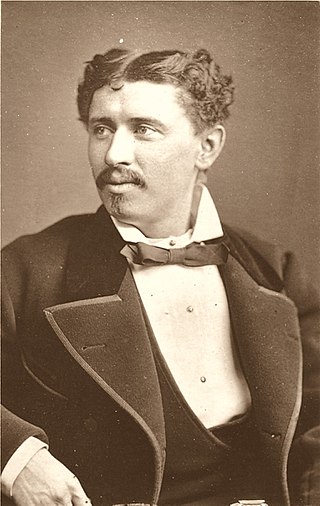
Frederick Mortimer Vokes was a British music hall, pantomime and burlesque dancer and actor of the 19th-century and a member of the Vokes Family troupe of entertainers. For more than ten years they were the central attraction at the annual pantomime at the Theatre Royal, Drury Lane from 1868 to 1879 when their popularity began to wane. Because of his eccentric style of dancing he was billed as the "Legmania" dancer.

Fawdon Vokes was a British music hall, pantomime and burlesque actor and dancer who performed as a member of the Vokes Family of entertainers popular in the 1870s in Great Britain and the USA. For more than ten years they were the central attraction at the annual pantomime at the Theatre Royal, Drury Lane from 1868 to 1879 when their popularity began to wane.
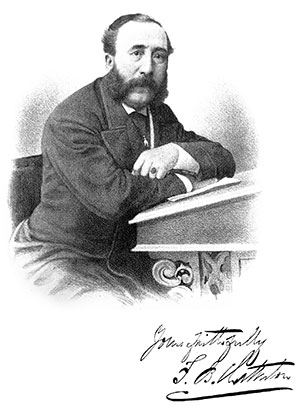
Frederick Balsir Chatterton, known as F. B. Chatterton was a 19th-century British theatre manager and impresario who was lessee of the Theatre Royal in London's Drury Lane from 1866 to 1879. He is credited with originating the famous quote, "Shakespeare spelt ruin and Byron bankruptcy".

Kitty Loftus was an English dancer, singer and actor-manager. A leading soubrette of the 1890s and 1900s in comedies, burlesque, pantomime and musical plays, at the height of her career she performed with her Kitty Loftus Company. One critic praised her as "a tricky sprite and a fantastic elf." In her last years, she performed in variety in music halls and on tour.


























